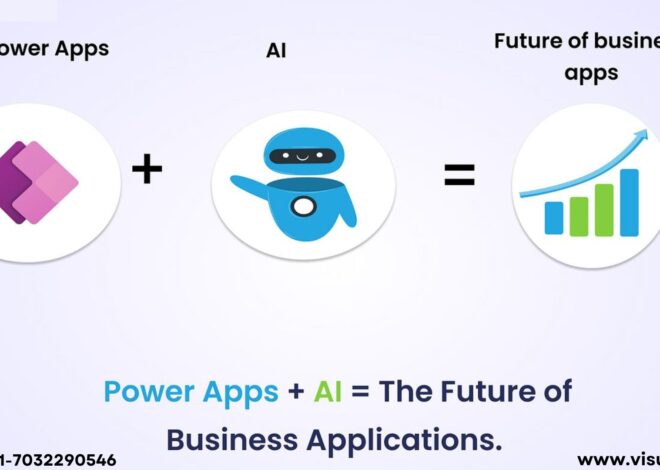
Dynamics 365 Plugin Execution Pipeline: An Overview
Introduction:
Dynamics 365 stands out as a robust platform that offers a myriad of functionalities to streamline operations and enhance productivity. At the heart of Dynamics 365 lies its Plugin Execution Pipeline, a powerful mechanism that orchestrates various operations within the system seamlessly.
The Essence of the Plugin Execution Pipeline:
The Plugin Execution Pipeline serves as the backbone of Dynamics 365, governing the execution of custom business logic in response to predefined events or triggers. These triggers could range from record creation or modification to specific user actions within the system. Through the Plugin Execution Pipeline, organizations can tailor Dynamics 365 to align with their unique business processes, automating tasks and ensuring consistency across operations. Microsoft Dynamics CRM Training
Key Components of the Pipeline:
The Plugin Execution Pipeline comprises several essential components, each playing a distinct role in the execution of custom logic.
These components include:
Event Execution Stages: The pipeline consists of various stages, such as Pre-validation, Pre-operation, Post-operation, and Post-validation, each offering a specific point in the execution sequence to plug in custom logic.
Plugins: Plugins are custom code snippets that encapsulate specific business logic and are triggered in response to predefined events. By attaching plugins to relevant events, organizations can automate tasks and enforce business rules effectively. Dynamics 365 Online Training Course
Message Processing Steps: Message processing steps define the sequence in which plugins are executed within each stage of the pipeline. This allows for precise control over the order of operations, ensuring that dependencies are met and logic is executed in a structured manner.
Images: Images represent snapshots of record data before and after the execution of plugins. These images enable plugins to access and manipulate data effectively, facilitating seamless integration with Dynamics 365 entities.
Harnessing the Power Without Coding:
While the Plugin Execution Pipeline offers immense flexibility and customization capabilities, organizations need not delve into extensive coding to leverage its potential fully. Dynamics 365 CRM Training
Plugin Registration Tool: The Plugin Registration Tool, integrated into the Dynamics 365 environment, enables users to register and deploy plugins effortlessly. With its user-friendly interface, users can specify plugin details, such as event triggers and execution order, without writing a single line of code.
Workflow Designer: Dynamics 365’s Workflow Designer empowers users to design complex workflows visually, orchestrating a series of actions and conditions to automate business processes. By incorporating plugins within workflows, organizations can achieve seamless integration and automation without delving into coding intricacies.
Business Rules: For simpler logic and validations, Dynamics 365 offers Business Rules, a declarative tool that allows users to define conditions and actions directly within the system interface. While not as powerful as plugins, Business Rules provide a convenient way to enforce basic business logic without writing code.
Conclusion:
In conclusion, the Dynamics 365 Plugin Execution Pipeline stands as a cornerstone of the platform’s customization capabilities, empowering organizations to tailor the system to their unique requirements without extensive coding.
Visualpath is the Leading and Best Institute for learning MS Dynamics CRM Online in Ameerpet, Hyderabad. We provide Microsoft Dynamics CRM Online Training Course, you will get the best course at an affordable cost.
Attend Free Demo
Call on – +91-9989971070.
Visit : https://www.visualpath.in/microsoft-dynamics-crm-training.html



